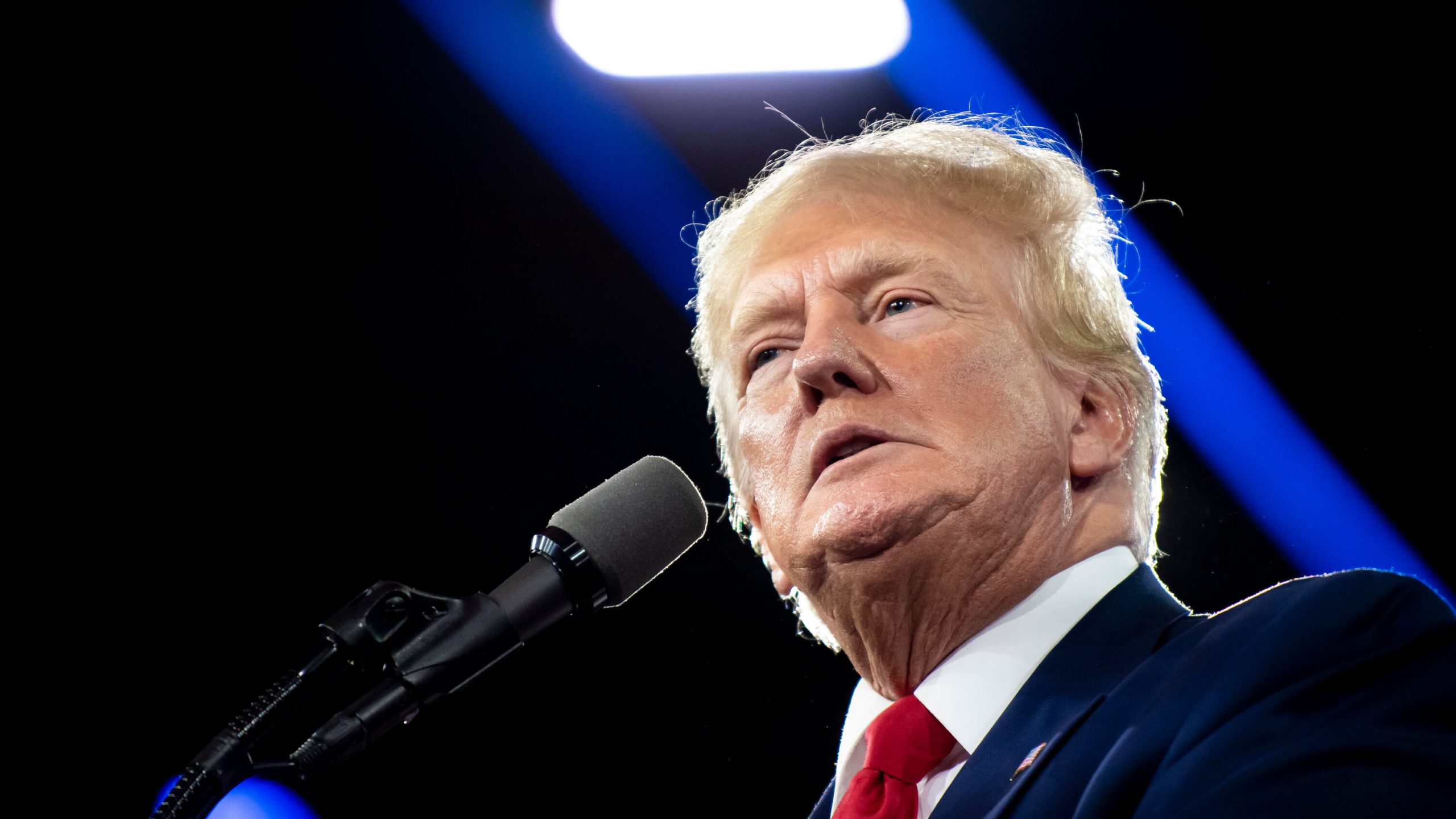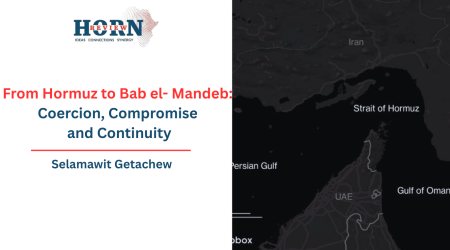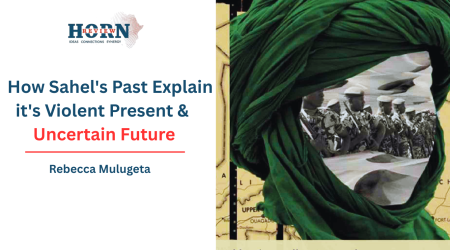
31
May
Power, Profit, and Pragmatism: Trump’s Redefinition of U.S. Alliances in the Middle East
Donald Trump’s Middle East ventures have been defined less by ideological commitment and more by a calculated fusion of personal diplomacy, transactional politics, and strategic opportunism. His engagement with Syrian interim leader Ahmed al-Sharaa, formerly known as Muhammad al-Jawlani, is the latest chapter in a foreign policy defined by deal-making, not doctrine. From the Abraham Accords to quiet back-channel bargains, Trump’s Middle East policy has consistently prioritized profit and leverage over principle and peace.
Al-Sharaa’s rise to power in post-Assad Syria, despite his roots as a former al-Qaeda commander and leader of Hayat Tahrir al-Sham (HTS), would once have made him an untouchable figure in U.S. diplomacy. Today, however, Trump’s administration is backing him. Why? Because Sharaa now offers something transactional. The White House’s calculus hinges on clear deliverables: normalize relations with Israel or at least honor the Abraham Accords, deport Palestinian and foreign fighters, assist in containing ISIS, and, most crucially, curtail Iranian influence in Syria. For Trump, this is not about rehabilitation or counterterrorism idealism, it is about extracting value.
Syria, ravaged by war and desperate for international aid, reportedly requires over $400 billion to rebuild. Lifting U.S. sanctions would open doors to Western investment and reconstruction, but only in exchange for alignment with American strategic goals. For al-Sharaa, legitimization is survival. For Trump, it is a deal – another piece in the region’s high-stakes puzzle where the U.S. buys influence with conditional legitimacy.
This pattern is consistent with Trump’s wider approach to the region. His ties with Saudi Arabia exemplify transactional diplomacy at its most unvarnished. Trump’s first foreign trip as president was to Riyadh, culminating in a $600 billion investment framework that included $142 billion in defense deals, $20 billion in AI infrastructure, and $80 billion in joint tech ventures. In return, Saudi Arabia quietly lent its support to the Abraham Accords – even as the agreement strategically sidelined the Palestinian issue, a long-standing Arab concern. Human rights issues, including the murder of journalist Jamal Khashoggi, were deemed secondary to economic and geopolitical interests.
The Abraham Accords themselves, celebrated as historic, are better understood as an instrument to isolate Iran, unlock Gulf markets for Israeli and American interests, and reinforce a pro-U.S. economic bloc. They reflect a broader strategy that prizes short-term wins: military sales, technology partnerships, and regional alignment in return for normalization with Israel. For Trump, peace wasn’t the end – it was the entry point for business.
Iran, by contrast, was framed as the enduring enemy. Trump’s “maximum pressure” campaign – most notably the 2018 withdrawal from the nuclear deal and the 2020 assassination of General Qassem Soleimani – was not rooted in non-proliferation. It was leverage. Every sanction, every strike was about forcing Tehran into a corner, weakening its negotiating hand, and preserving American preeminence in the Gulf.
Syria, however, may best illustrate Trump’s realpolitik. Al-Sharaa, once a jihadist figure, is now a palatable partner – if he can deliver on promises: control ISIS prison centers, deport foreign fighters, and normalize with Israel. In return, Syria becomes a site of American reconstruction contracts and strategic control. There is no ideological alignment – only aligned interests.
In Trump’s playbook, every handshake conceals a ledger. The Abraham Accords expand America’s commercial reach and shrink Iran’s sphere of influence. Saudi Arabia remains a dependable economic partner. And Syria – if its new leadership plays by the rules – offers a new frontier for influence, investment, and intelligence access. The wins are measurable: isolation of adversaries, consolidation of regional allies, and expansion of U.S. commercial and security footprints.
But the cracks in this transactional framework are widening. Palestinian disenfranchisement risks reigniting long-simmering tensions. Elevating figures like al-Sharaa risks legitimizing militant pasts that could later unravel. Iran, increasingly cornered, may lash out unpredictably. Trump’s approach, while effective in the short term, may prove brittle under pressure. It postpones -*not resolves – the underlying grievances of a fractured region.
Ultimately, Trump’s Middle East legacy is not one of peace-making, but deal-making. Alliances are assets to be traded. Enemies are challenges to be monetized. Stability is a market, not a mandate. Whether this gamble brings sustainable order or breeds deeper volatility remains to be seen. But one thing is certain: in Trump’s Middle East, ideology is negotiable. Business is not.
By Surafel Tesfaye,Researcher,Horn Review










